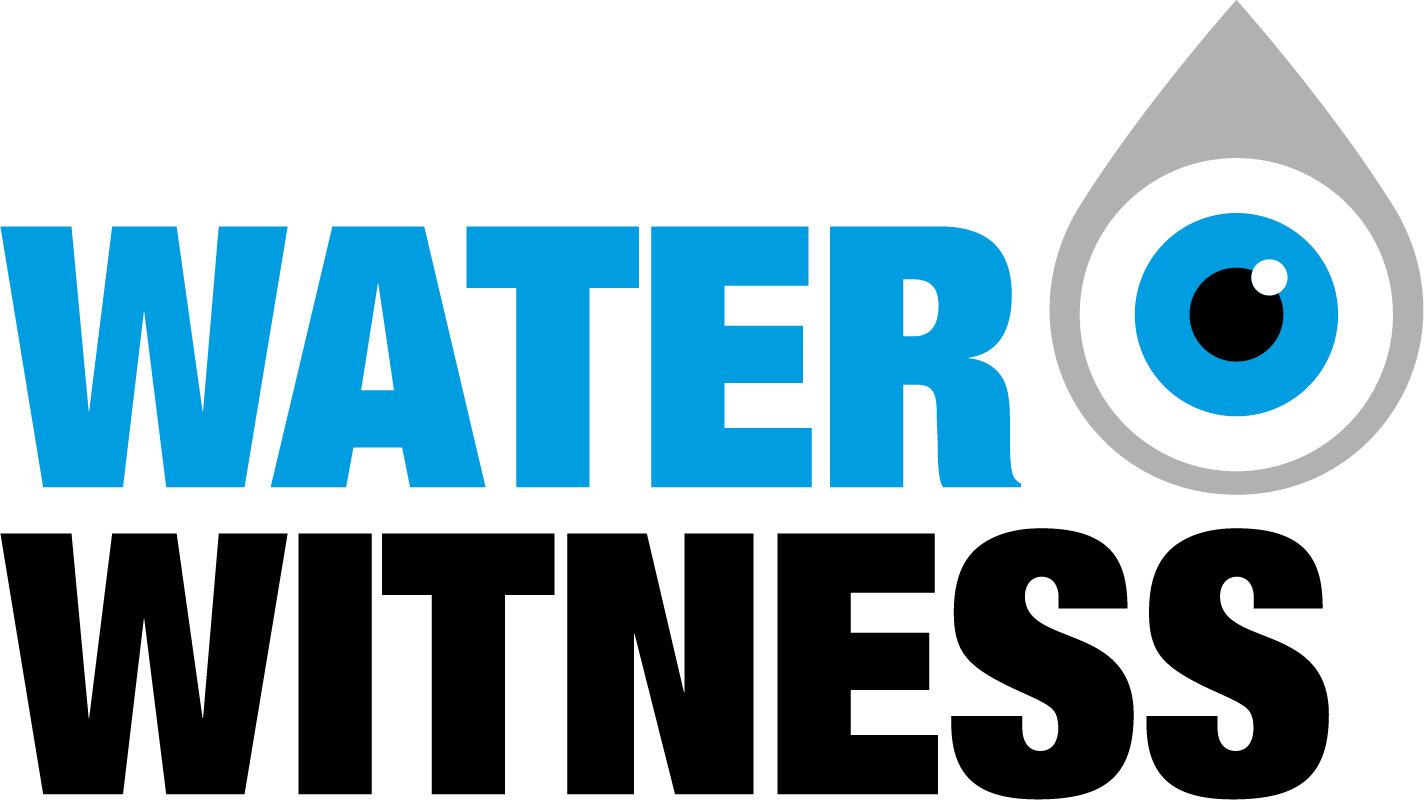Our theory of change towards a fairer, more secure water future is based on our conviction that:
1. People power or, citizen agency can activate water law and improve water security for all. Helping communities to understand their rights, demand action and hold water managers to account plays a vital but neglected role in better water governance.
2. Engagement with the private sector is central to ensuring a fair water future. Working constructively with businesses, harnessing the reach of markets and demand for ethical production can drive sustainable resource use alongside economic and social progress.
3. Governments need to deliver on their responsibilities for water resource management. Government agencies need adequate funds, water-trained staff and political authority in order to manage water for the benefit of society now and in the future.
We also see a cross-cutting need for improving knowledge and communication on water. We contribute by linking local voices and on the ground evidence to national and global debates, by ensuring rigour, reflection and learning and getting the right information to the right people in the right ways.
Achievement of the Sustainable Development Goals will be contingent on our collective ability to allocate, protect and use freshwater in ways which avoid depletion, degradation, conflict and vulnerability to climate change.
We can make an important and unique contribution to fulfilling the promise of the SDGs.











